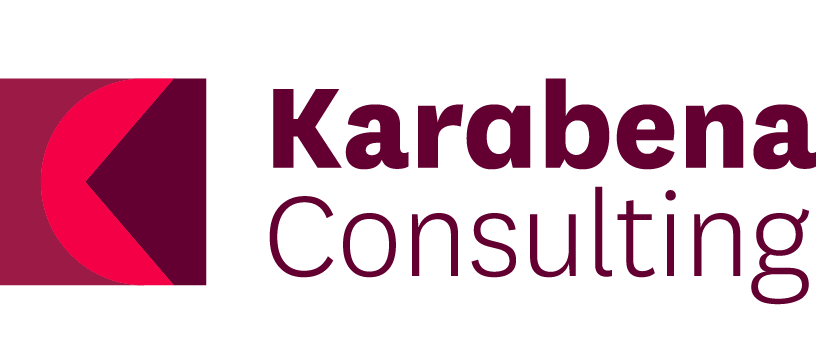Victorian Aboriginal Cancer Journey Strategy
Victorian Aboriginal Community Controlled Health Organisation (VACCHO)
Who funded the project
Karabena Consulting was engaged to develop the Victorian Aboriginal Cancer Journey Strategy (the Strategy) and the Monitoring Evaluation and Learning Framework, with the work overseen by VACCHO.
To complete this project, we reviewed existing Aboriginal cancer literature and undertook a range of consultations including semi-structured interviews and workshops.
The Strategy is novel in that it:
supports Aboriginal person- and family-centred care that embeds culture at every step of the Cancer Journey
includes a focus on home care
reconceptualises end-of-life care as Journey to Dreaming care
aligns with the social and emotional wellbeing concept and maintains the connection of Aboriginal people with cancer to their families, kin, communities, and Country
is culturally safe and is trauma-informed
Summary
To develop the Victorian Aboriginal Cancer Journey Strategy and associated Monitoring, Evaluation and Learning Framework by incorporating culturally relevant person-centred design and methodologies.
Project Aims
Karabena Consulting identified key themes to develop the Strategy by:
Reviewing existing Aboriginal cancer literature:
Menzies School of Health Research: Desktop Review to Consolidate the Knowledge and Evidence for Three Priority Issues in the Cancer Care System
VACCHO Cancer Journey Themes Report
Undertook consultations in the form of semi-structured interviews and online workshops with:
Aboriginal Hospital Liaison Officers from various hospitals around Victoria
Aboriginal people in Victoria with lived experience of cancer (including their carers)
Cancer field leaders from across Australia
VACCHO’s Aboriginal Cancer Journey Advisory Group and invited data experts
Members of VACCHO’s Cancer Journey team
ACCO leaders and staff
To ensure the consultations were culturally safe and trauma informed, they were led by Aboriginal and Torres Strait Islander people.
Methodologies
We have aligned the Strategy with the human rights framework and Aboriginal people in Victoria’s right to health, to non-discrimination and to cultural safety in health services, and their cultural rights in the context of the Cancer Journey. We have also applied Aboriginal Ways of Knowing, Being and Doing to the co-design, development, and implementation of this Strategy. We privileged Aboriginal community voices in this Strategy and the Strategy is an example of Aboriginal people living in Victoria’s collective right to self-determination in action.
Methodological outcomes
Victorian Aboriginal Cancer Journey Strategy and Implementation Plan 2023-2028
Victorian Aboriginal Cancer Journey Strategy Monitoring, Evaluation and Learning Framework (To be published by VACCHO)
Victorian Aboriginal Cancer Journey Strategy Summary of Themes Report
Outputs
The goal of the Strategy is to complement the Optimal Care Plan, embed Aboriginal Ways and culture into the Cancer Journey in Victoria, and close cancer equality of opportunity and outcomes gaps in the State. A noteworthy innovation to that end is the establishment of Aboriginal Cancer Care Teams, including cancer care system navigators, to support an Aboriginal person and their family on their Cancer Journey in Victoria.
Project Outcomes
Victorian Aboriginal Cancer Journey; Aboriginal Cancer Care Teams; Aboriginal Ways of Knowing, Being and Doing; Optimal Care Pathway; cancer; VACCHO; cultural safety; community controlled; trauma-informed care; social and emotional wellbeing
